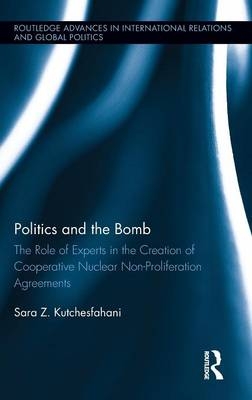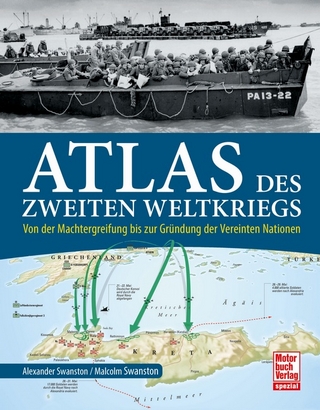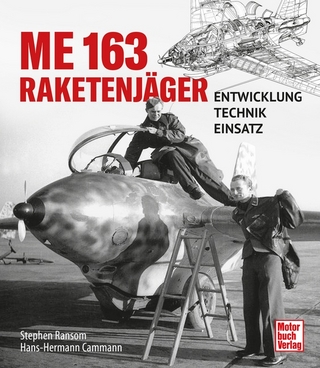
Politics and the Bomb
Routledge (Verlag)
978-0-415-53103-0 (ISBN)
Epistemic communities represent networks of knowledge-based experts that help articulate cause-and-effect relationships of complex problems, define the self-interests of a state, or formulate specific policies for state decision makers. However, the role of these scientists and knowledgeable professionals in nuclear policy formulation is poorly understood.
Thoroughly documented and making excellent use of source material, Politics and the Bomb provides refreshingly new empirical evidence and theoretical analysis of the importance of scientists and experts behind the creation of new non-proliferation agreements. Simply not another book on nuclear proliferation, Sara Z. Kutchesfahani explores the differences in the emergence, composition, and influence mechanisms of the epistemic communities behind the nuclear non-proliferation policy formulation in Brazilian-Argentine Agency for Accounting and Control of Nuclear Materials (ABACC) and the Nunn-Lugar Cooperative Threat Reduction (CTR) Program. In doing so she eloquently demonstrates how the role of these non-proliferation experts lead to the possibility of creating more effective non-proliferation policies in the future and hints at the need to sustain non-proliferation epistemic communities in all countries that can provide input to the global proliferation problem until it is solved.
Sara Z. Kutchesfahani is Senior Research Associate at the Center for International Trade and Security, University of Georgia.
1. Understanding the Role of Experts in the Creation of Cooperative Nuclear Non-Proliferation Agreements 2. Applying the Epistemic Community Framework to Analyze the Creation of Cooperative Nuclear Non-Proliferation Agreements 3. Argentina and Brazil’s "Suspected" Nuclear Weapons Program and the Emergence of an Epistemic Community 4. Examining the Influence of the Argentine-Brazilian Epistemic Community in the Creation of ABACC 5. Belarus, Kazakhstan, and Ukraine’s Nuclear Legacy: The Emergence of an Epistemic Community 6. Examining the Influence of the American and Soviet/Russian Epistemic Community in the Creation of the CTR Program 7. Reflecting on the Role of Epistemic Communities in Furthering Cooperative Nuclear Non-Proliferation Agreements
| Reihe/Serie | Routledge Advances in International Relations and Global Politics |
|---|---|
| Zusatzinfo | 8 Tables, black and white; 5 Line drawings, black and white |
| Verlagsort | London |
| Sprache | englisch |
| Maße | 156 x 234 mm |
| Gewicht | 850 g |
| Themenwelt | Natur / Technik ► Fahrzeuge / Flugzeuge / Schiffe ► Militärfahrzeuge / -flugzeuge / -schiffe |
| Sozialwissenschaften ► Politik / Verwaltung ► Europäische / Internationale Politik | |
| Sozialwissenschaften ► Politik / Verwaltung ► Staat / Verwaltung | |
| ISBN-10 | 0-415-53103-9 / 0415531039 |
| ISBN-13 | 978-0-415-53103-0 / 9780415531030 |
| Zustand | Neuware |
| Haben Sie eine Frage zum Produkt? |
aus dem Bereich


